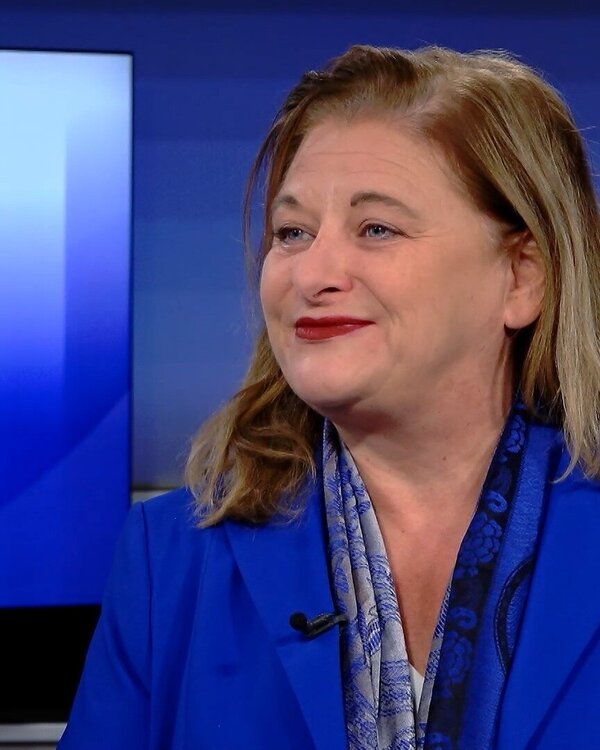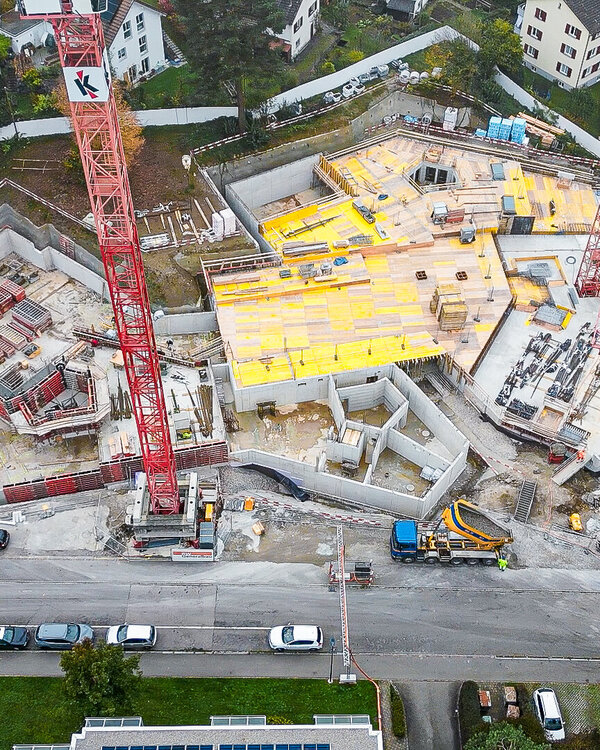Real Estate: the price drivers persist
The trend in residential real estate prices is also pointing upwards in the long term, says René Nicolodi in an interview. He names the drivers and explains why real estate investments belong in a portfolio.
Interview with René Nicolodi

Martin Spieler: How is the real estate market developing?
René Nicolodi: We are heading towards a Switzerland with 10 million inhabitants. Issues such as immigration, a shortage of living space, construction activity and, currently, falling interest rates are natural drivers of real estate prices. Accordingly, we expect that residential real estate prices in this country will tend to rise in the future. We expect prices to rise by around two per cent in 2025 - the more urban the location, the greater the increase is likely to be.
Interest rates have fallen recently, but they are still higher than they were a few years ago. What influence do they now have on the prices of owner-occupied flats and detached houses?
Normally, higher interest rates work as a price brake. I say normally because the mechanism obviously didn't work in 2022. Prices remained stable or even tended to rise. Now that interest rates are falling, real estate prices should continue to rise – although the price increase will not be as pronounced as during the coronavirus pandemic.
How does the interest rate trend affect the prices of investment properties? The Swiss National Bank warns of price bubbles.
The higher interest rates in recent years have led to a more balanced development of supply and demand for investment properties. Previously, when interest rates were lower, there was a clear sellers' market with very competitive bidding processes. This has calmed down somewhat. Today, buyers have better opportunities to incorporate their own preferences when purchasing investment properties. Institutional investors prefer residential or commercial real estate in prime locations.
How will population growth and stricter building regulations affect the Swiss real estate market over the next few years - can prices be expected to rise further?
We expect prices to continue to rise moderately in the coming years. This is not only due to the current fall in interest rates - the shortage of living space is a major issue. We also do not see a trend reversal in constant immigration. Although construction activity is slowly increasing, it is still lagging behind demand. Accordingly, these are natural price drivers that may continue for some time.
Real estate is also important as an investment. How attractive are they for investors?
For Swiss investors, real estate belongs in the portfolio purely for reasons of diversification. At the same time, it should be noted that they are a stable anchor, especially when the stock markets become more turbulent. Now that interest rates are falling, the outlook for the asset class is definitely positive.
How can investors easily invest in real estate and benefit from attractive distributions?
Basically, by buying listed real estate funds or real estate shares. A distribution yield of around 2.5% can be assumed for real estate funds with a residential focus. For real estate funds on commercial properties and real estate shares, a yield of over 3% can be expected. Of course, a diversified collective investment is a good idea. This ensures that the risks are well spread.
Real estate funds
Real estate funds
This interview was first broadcast in a slightly modified form in the "Geld" programme on Tele 1, Tele M1 and TVO on 18 October 2024 (interview in Swiss German).


